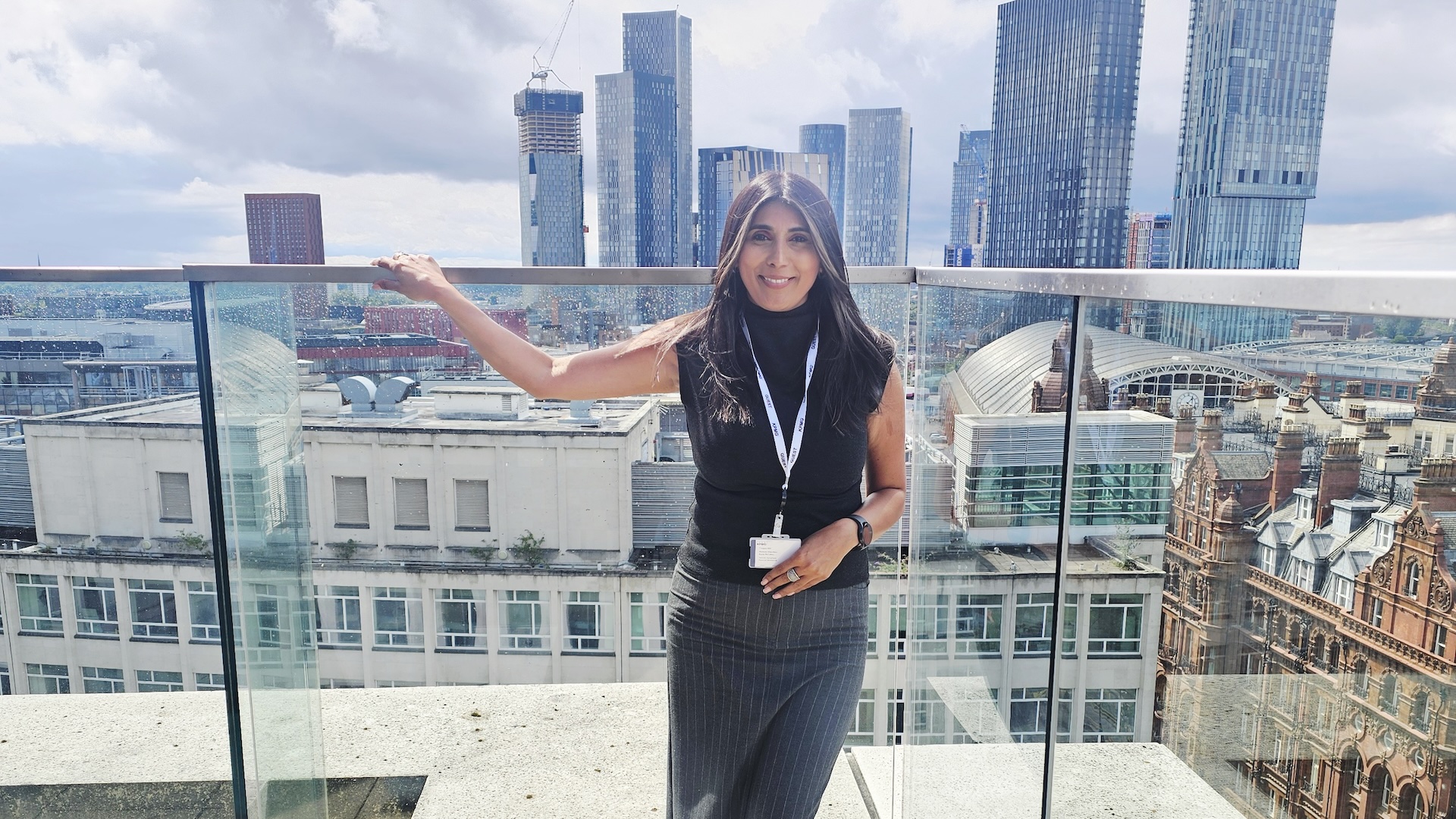When those of us from Global Ethnic Majority (GEM) backgrounds call out discrimination, we are not applauded for our courage. We are often left isolated, unsupported, and emotionally drained. Racism has somehow become an issue that makes those unaffected by it more uncomfortable, than those who endure it. The problem isn’t only that racism exists, it’s sadly that acknowledging it, exposes how deeply it runs.
And yet, the evidence is there. A TUC survey found that two in five Black and minority ethnic workers in Britain have experienced racism at work, from being passed over for promotion to being bullied or unfairly disciplined. In the same survey more than 120,000 people have left their jobs because of racism. Think about that number. Think about what it represents, not just lost jobs, but lost confidence, lost health, lost potential. And those are only the ones we know about. Imagine the scale if every silent story was told.
Luther Burrell’s story is a mirror to so many of ours. It’s a warning of what happens when people of colour challenge the status quo. You don’t just risk being ignored. You risk being erased.
I’ve been in those rooms where all my peers were white, educated, powerful, and the minute the conversation turned to race, I saw the discomfort rise like smoke. Defensiveness. Denial. A quick change of topic. And then, the silence. You’re left wondering whether to speak again, knowing the cost of honesty.
But silence is no longer an option. It never was.
For me, the way forward has to go beyond words and promises. It means having independent places where people can speak out without fear of being silenced or punished. It means leadership programmes shaped and led by those who’ve lived this reality, so equity isn’t a project, it’s the norm.
Advertising helps fund Big Issue’s mission to end poverty
It also means being honest. Every organisation should be open about how complaints are handled, what action is taken, and who is held accountable. We can’t fix what we keep hiding. And training shouldn’t be about ticking a box or easing guilt, it should challenge people to see how racism operates, and what courage really looks like when you stand against it.
But above all, it means sharing power. Not inviting us into spaces for appearance’s sake, but trusting us to design and lead the change. Because until that happens, we’ll keep repeating the same stories, just with different names.
If we truly want progress, we must restore the truth, not the sanitised version of it, but the truth that names the harm and holds it to account. We must reclaim our history, the stories, voices, and contributions that have been erased or rewritten. And we must dismantle systemic racism, not through slogans, but through shifting power, privilege, and perception.
Because when we restore truth, reclaim history, and dismantle racism, we don’t just repair what’s broken; we rebuild what’s possible; which quite simply and importantly is an even playing field for us all.
Hameeda Khan is the founder and CEO of People Empowering People (PEP Enterprise CIC), an organisation driving change across education, employment, wellbeing, sport and media.
Do you have a story to tell or opinions to share about this? Get in touch and tell us more.
Advertising helps fund Big Issue’s mission to end poverty
Reader-funded since 1991 – Big Issue brings you trustworthy journalism that drives real change.
Every day, our journalists dig deeper, speaking up for those society overlooks.
Could you help us keep doing this vital work? Support our journalism from £5 a month.









